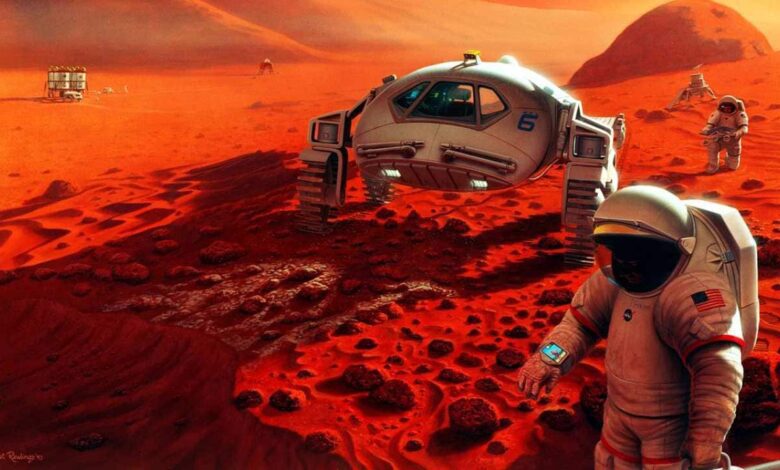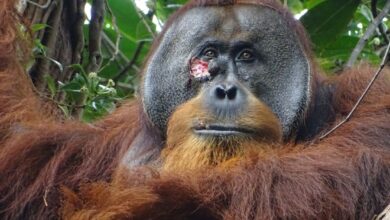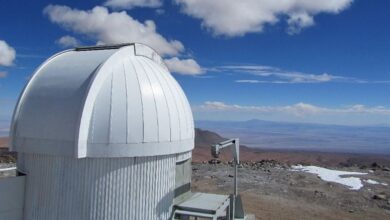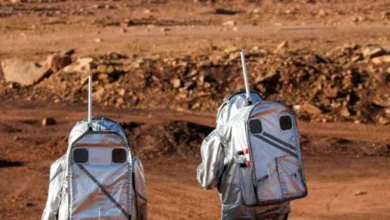Study claims just 22 astronauts are enough to build and maintain a Mars colony themselves
The analysis done by researchers of George Mason University stated so analysing human behaviour and interaction.

Approximately two-dozen astronauts, a much lower number than previously estimated to be 100-500, are sufficient to create and maintain a colony on Mars. Researchers found that the ‘agreeable’ personality type, associated with overall greater empathy, was the one more likely to survive. The researchers added that the inhospitable nature of the Red planet requires a habitat to be built there to make it self-sustaining.
Researchers, including those from George Mason University, USA, reviewed the previous research done, which earlier calculated that anywhere from 100 to 500 astronauts may be needed for a self-sustaining Mars colony based on a number of factors. Their new yet-to-be peer-reviewed analysis, posted a preprint in arXiv, that additionally took into account social and psychological behaviour of humans, as well as continuity of interactions between people to make a new estimate.
Decades of exploration of the intriguing ‘Red Planet’ by various space agencies across the world have found conclusively that building any human settlement on Mars is going to be an incredibly complex engineering problem, primary attributing to the planet’s inhospitable nature.
Apart from mining a few basic minerals and water, future Mars settlers will be majorly dependent on the Earth’s resupply as well as in-situ replenishment of necessities using advanced technology such as splitting Martian water into oxygen for breathing and using the hydrogen for fuel. The future colonists will also have to endure some psychological and human behavior challenges, as per the researchers.In their new study, data scientists sought to better understand the behavioral and psychological interactions of future Martian colonists.
“We seek to identify areas of consideration for planning a colony as well as propose a minimum initial population size required to create a stable colony,” they wrote in the newly-published study.
For the analysis, scientists analysed previously obtained data on high performing teams working in isolated and high stress environments such as submarines, the Arctic exploration, and the International Space Station to model the kinds of interactions taking place between agents with four different psychological profiles. They used a special type of computer simulation called Agent-Based Modeling (ABM) that is used to analyse complex systems and predict the emergence of larger patterns and phenomena with simple rules and behaviors. Using this model, researchers simulated survival of a human habitat on Mars under different working conditions, including when global events such as accidents or delays in Earth resupply, affect the inhabited colony.
Scientists created models for Martian settlers with varying individual levels of factors such as metabolism, resilience, their skill levels, and stress, as well as taking into account one of four psychological traits – neurotic, reactive, social, or agreeable. The simulation also took into account a number of environmental variables that the settlers would encounter, the study noted. As the modelled Mars colonists sleep, move, interact with each other and produce or consume resources, they could also lose health and may die and get removed from the simulation without enough resources.
Five runs of the model for a period lasting 28 years with the initial population sizes in the simulation ranging from 10 to 170 found that “an initial population of 22 was the minimum required to maintain a viable colony size over the long run.”
Researchers also noted that the “agreeable” personality type, associated with overall greater empathy, was the one that is more likely to survive while those with the “neurotic” psychology died at a much higher rate on the Mars settlement.
Please, also have a look into : Astronauts can now drink their own urine; NASA tests new technology



